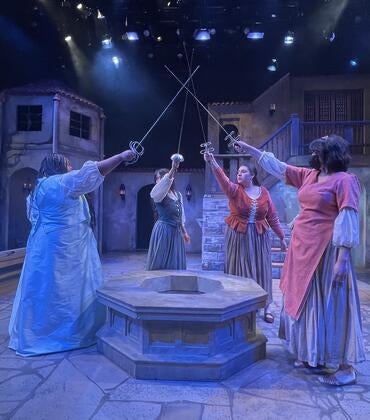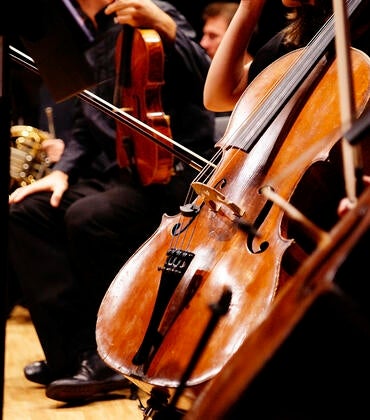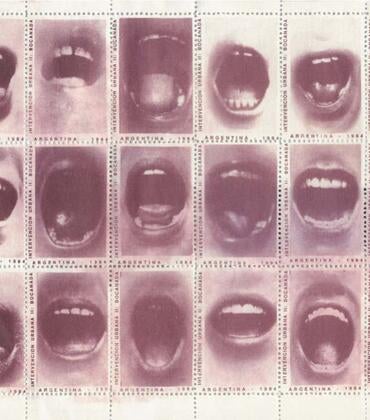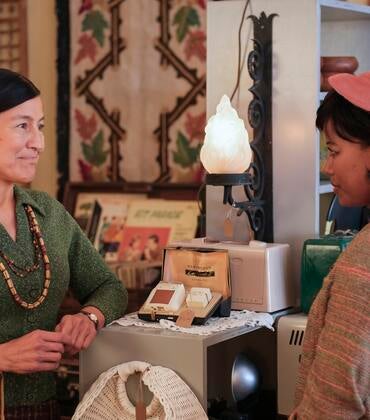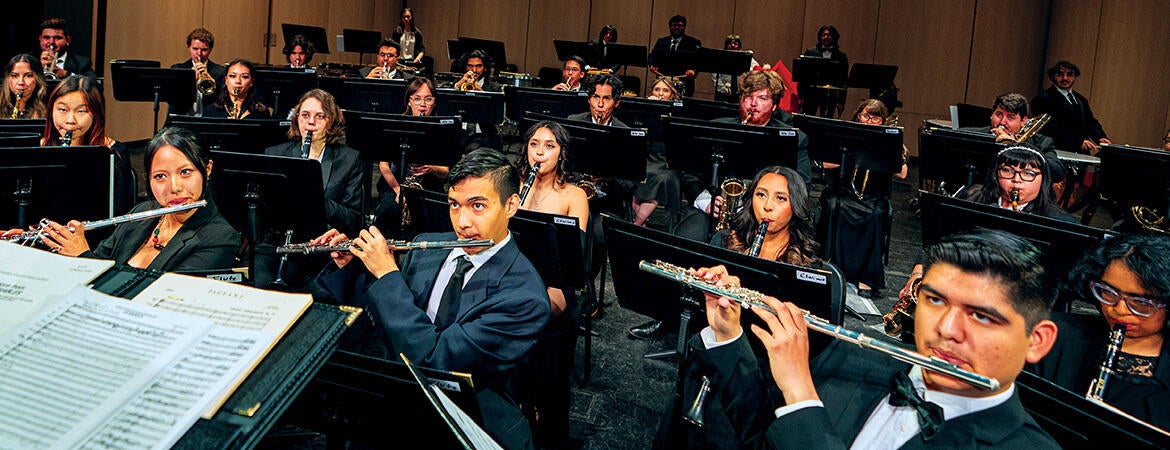
The UCR Chorale, Chamber Singers, and Orchestra with guest soloists soprano Lindsay Feldmeth Westra and baritone Philip Meyer, conducted by Ruth Charloff, will feature Gabriel Fauré’s luminous and innovative “Requiem.”
Also on the program are George Butterworth’s “The Banks of the Green Willow,” Fauré’s “Pelléas et Mélisande Suite,” “Psalm 23” by Elena Kats-Chermin, and Bobby McFerrin’s “The 23rd Psalm (dedicated to my mother).”
Concerts will be 8 p.m., Saturday, June 1, and 3 p.m. Sunday, June 2 in the University Theatre. Tickets will be $10 General, $8 Student/Senior, $6 Child.
Fauré composed “Requiem in D Minor” over the course of several years after his father died in 1885. Because he had been an organist at services of internment for years, he’d become annoyed with requiems focusing on mortal terror and damnation. He believed a requiem should resonate with hope and happiness. To that end, Fauré revised and edited the liturgical text excising the usual “Dies irae” or “Day of Wrath,” where composers depicted Judgement Day through apocalyptic music. Then he added, “In Paradisum,” which isn’t part of the traditional requiem, as the closing movement. In this way Fauré’s “Requiem” ends on the word where the composition began, requiem – rest.
He wrote to his friend Louis Aguettant: “My Requiem has been said to express no fear of death; it has been called a lullaby of death. But that is how I feel about death: a happy deliverance, a reaching for eternal happiness rather than a mournful passing away.”
While “Requiem” owes its roots to Christian faith, Fauré, unlike other composers, had no clear religious beliefs. His own son referred to him as a sceptic. But this didn’t stop Fauré from contemplating existential dread of death and the desire to find solace in an afterlife and express it in this humanist “Requiem.”
“This is the first major work with orchestra and chorus since we've come back from the pandemic,” Charloff said. “Most of our students in chorale have not had a chance to perform a major piece of the classical music canon. It’s really an incredible chance for them to release themselves into the joy of the chorale experience.”
Feldmeth Westra, the guest soprano, left Los Angeles for Austria at 20 to study opera with Horiana Branisteanu at the Mozarteum University in Salzburg. She trained as a coloratura soprano and at 23 made her debut as the Queen of the Night in Mozart’s “Magic Flute.” After earning her master’s degree, she has traveled to Italy and New York to continue to study and perform.
Meyer, the guest baritone, is a founding member of the Pacific Opera Projects, and has performed roles such as Sweeney in “Sweeney Todd,” Osmin in the Star Trek themed “The
Abduction from the Seraglio,” and Pooh-Bah in “The Mikado.” With other LA opera companies, he has sung leading roles in Faust, Don Giovanni, and Susannah. Aside from opera, he directs an HIV education program for medical professionals at Charles Drew University, runs a small global health non-profit, teaches in the School of Social Work at USC, and is a clinical social worker and psychotherapist in private practice.
The concert will have visiting harpist, Ellie Choate. She received her master’s in harp performance from CSU Long Beach under Marjorie Call’s guidance and began her career in Southern California. In addition to her opera and symphony performances, she has worked on musical scores for motion pictures and other recordings, but has also appeared on camera for movies, and television shows.
The rest of the program won’t look towards death but will be “a celebration of life with the sacred. It’s not just a temporal life, a life doing things for a higher purpose, you know, a holy purpose,” Charloff said.
With so many performers on stage engaged in a musical celebration of life and death, the audience will be infused with beauty and hope long after the last note rings.
